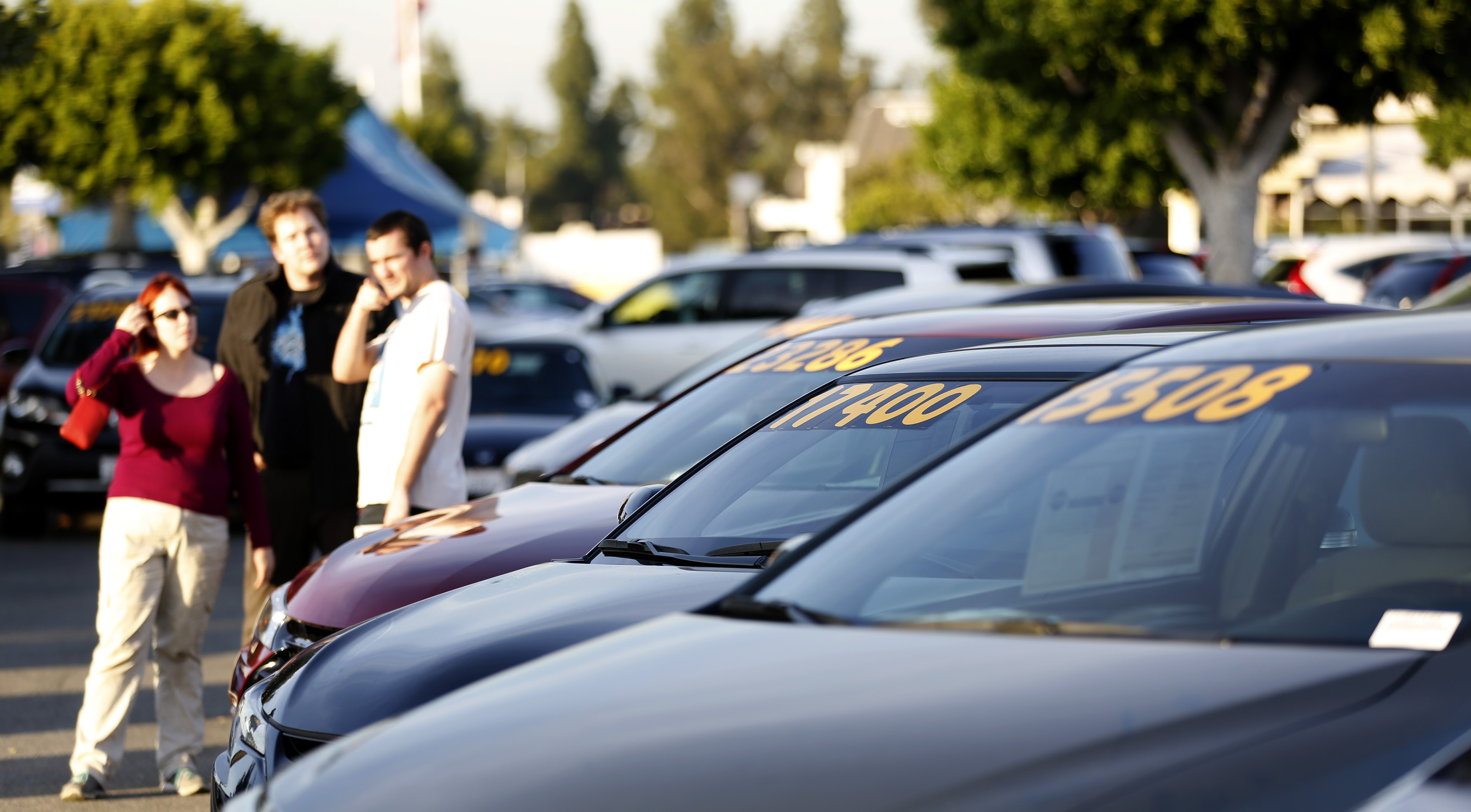Consumer prices climb at fastest pace since September 2008
Used car and truck prices surged 10% in April
Biden spending plans mean US heading toward inflation: Mulvaney
Mick Mulvaney, former acting White House chief of staff and former OMB director, provides insight into tax and spending plans, bipartisanship and unemployment under the Biden administration.
Consumer prices rose in April at the fastest annual pace in nearly 13 years as the U.S. economy continued to reopen from COVID-19 lockdowns.
The Labor Department said Wednesday that prices jumped 4.2% year over year, making for the biggest increase since September 2008. Prices were up 0.8% month over month, quickening from the 0.6% increase in March.
Wall Street analysts surveyed by Refinitiv were expecting prices to increase 3.6% from a year ago and 0.2% versus last month.
COPPER CRUNCH DRIVES RECORD PRICES
The annual data has a "base effects" skew due to the decline in prices that occurred at the start of the pandemic.
Used car and truck prices surged 10% in April, accounting for almost one-third of the index's total increase. The price gains were the biggest for the category since recordkeeping began in 1953. Food prices edged up 0.4% from the prior month, rising for both the at-home and away from home categories. Energy prices, meanwhile, fell slightly as a drop in gasoline prices was offset by gains in electricity and natural gas.
Core prices, which exclude food and energy, rose 0.9% in April, accounting for the largest monthly increase since April 1982. They were up 3% versus last year. Analysts surveyed by Refinitiv were anticipating gains of 0.3% and 2.3%, respectively. Almost every major component saw a price increase.
The swift rise in consumer prices, which has come after an unprecedented amount of fiscal and monetary stimulus that has been used to combat the economic slowdown caused by the COVID-19 pandemic, has investors weighing the possibility that the Federal Reserve will have to alter its planned path for monetary policy.
The Fed last year cut interest rates to near zero and said it would buy an unlimited amount of assets for the foreseeable future in order to cushion the U.S. economy following its sharpest slowdown of the post-World War II era. The central bank has said it would hold rates at the zero bound for some time, even if inflation were to rise above its preferred 2% rate.
GET FOX BUSINESS ON THE GO BY CLICKING HERE




















